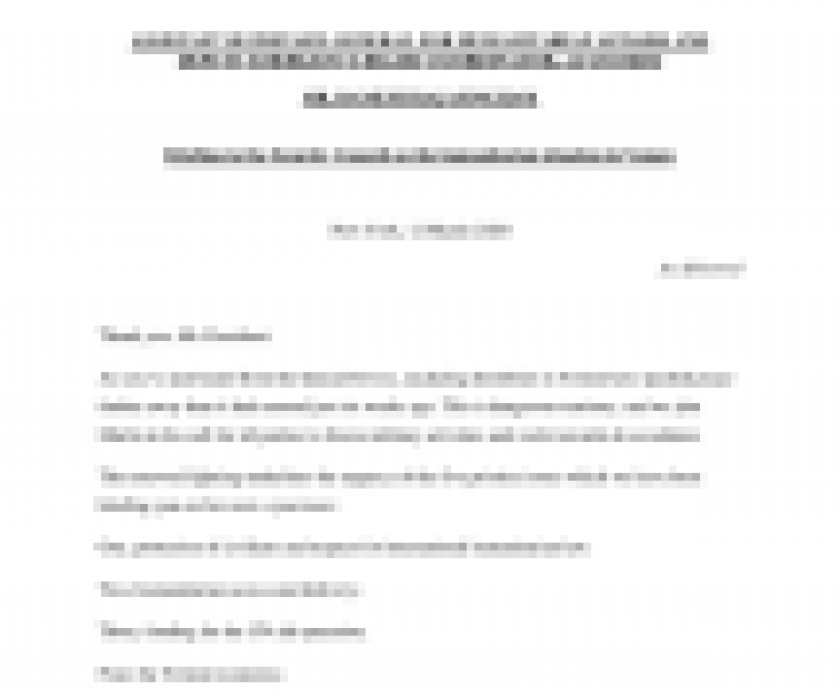Residents of Naunde, in Macomia, Cabo Delgado, flee their village following an attack on June 5, 2018.
©2018 Human Rights Watch
The area has been plagued by insecurity since October 2017, when a group known locally as Al-Sunna wa Jama’a or Al-Shabab attacked a police station in Mocimboa da Praia. Since then, armed groups have carried out over 200 attacks on villages, and security forces and armed groups have clashed several times. The United Nations estimates that approximately 60,000 people have been affected or displaced by the insecurity.
The voting station closure is not the first time that Mozambique’s electoral process has been disturbed. During voter registration in May, local media reported a wave of attacks that forced the closure of several registration posts in Macomia and Meluco districts. During the current election campaign, violent attacks were also reported in Muidumbe and Mocimboa da Praia.
It might be too late to ensure safe elections in these areas. The National Electoral Commission is still concerned about security in the northern province of Cabo Delgado. Mozambique’s Technical Secretariat of Electoral Administration, the government body that organizes voter registration and the voting process, says it is “monitoring daily” the security situation there while it decides whether the polling stations can open at previously mapped locations.
The Electoral Commission also says that many displaced people may not be able to vote because they have lost their voters cards or did not register to vote after fleeing attacks on their villages. But it has not disclosed how many voters this affects.
The Mozambican authorities have failed thousands of people affected and displaced by the insecurity in Cabo Delgado, who just one day before the elections still don’t know how and where they should cast their votes. They need to act quickly to ensure that registered voters are not deprived of their right to vote and are able to safely choose their country’s leaders.



